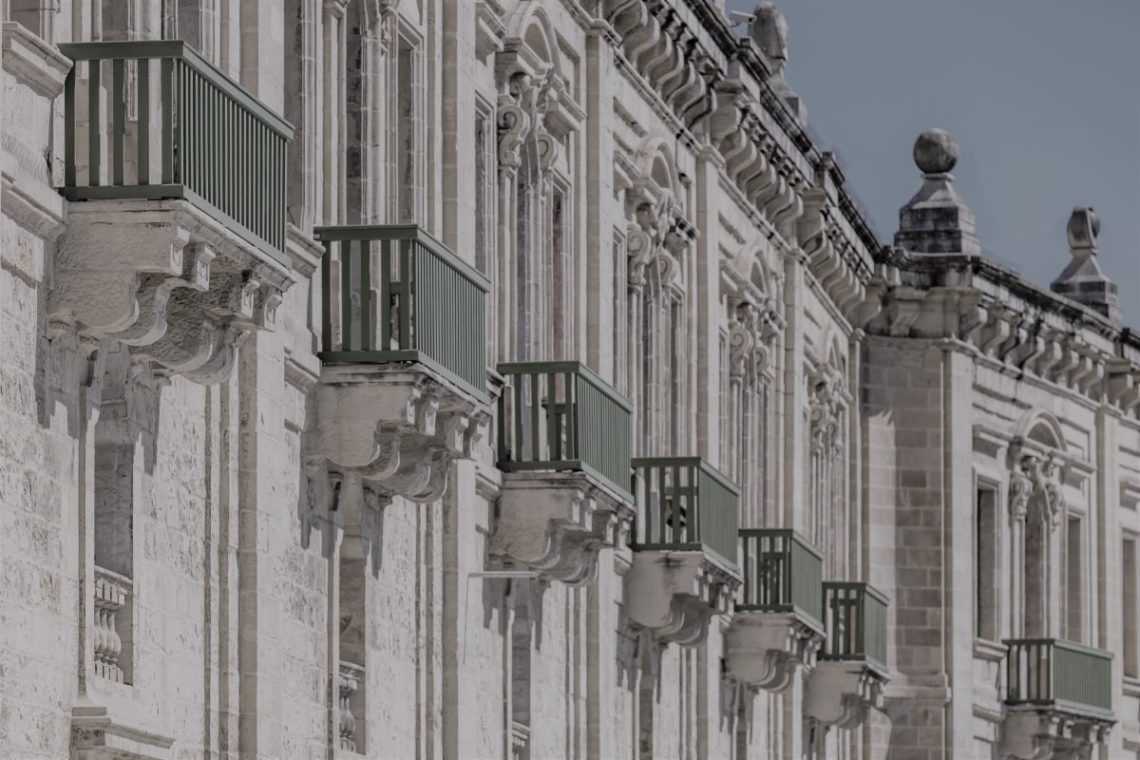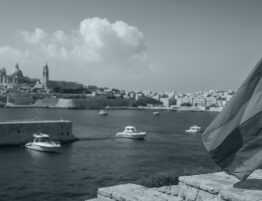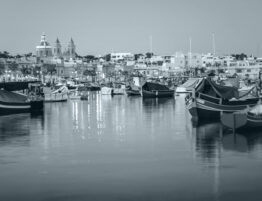
Buying property in Malta
The islands of Malta and Gozo offer a wide selection of properties in varying surroundings, some encompassing sea and country views, others city residencies and even gated communities.
Types of Residence in Malta
Once the decision has been made to invest in property, the next step is to select the preferred type of residence. Property in Malta is divided into six categories: apartments, maisonettes, villas, houses of character, terraced houses and farmhouses. Other factors to be considered are location, size, property style, resources and services such as schools and proximity of entertainment, and most importantly a budget. Your local real estate agent is just as important. Seek advice to select a suitable agent able to offer a customized service and proper guidance.
Notary Public, Preliminary Agreement and Deed when Buying Property in Malta
Having selected the right property, agreed on a price and the terms and conditions of acquisition, the next step is to appoint a Notary public to draw up a Preliminary Agreement (locally known as a konvenju) to be signed by the vendor and the purchaser. At this stage the norm is for the purchaser to pay a deposit of 10% on account of the selling price to secure the eventual transfer of the property. In most cases and unless otherwise agreed the deposit is held by the Notary public on behalf of the buyer and transferred to the seller on final deed of sale once the root of title has been accurately established. A provisional stamp duty equivalent to 1% of the purchase price is also paid by the purchaser on signing of the preliminary agreement. (Learn more on Stamp Duty Fee in Malta)
Before a final deed is enacted, the notary public will verify the legal title, and confirm that there are no outstanding debts burdening the property. Once this is done and the purchaser finalizes the necessary financial requirements for the purchase and the final deed is signed.
European Union citizens do not require a permit to purchase immovable property in Malta, although in order to purchase a second immovable property, one must have resided in Malta for a minimum of five years, otherwise a permit is also required.
Non-European Union foreigners in possession of an AIP (Acquisition of Immovable Property) permit or those who will not use the property as a primary residence must abide by local regulations.
The benefits of living in Malta
Malta is appealing as a place of residence due to it is multidimensionality, as it is both immersed in history and teeming with entertainment options. It provides a substantial amount of cultural and archaeological sites, yet it is home to buzzing nightlife and numerous outdoor activities, such as water sports including sailing, paragliding, golf and horseback riding. There are hundreds of exclusive clubs and restaurants, and three modern casinos set against beautiful backdrops.
The island’s pleasant climate, favourable tax laws, renowned healthcare and education system, low level of crime and friendly English-speaking nation, make Malta an exceptional destination. Its location in the centre of the Mediterranean offers easy access to the rest of Europe and North Africa, with an assortment of airlines offering international connections.
There are the added benefits of Malta being a very small country and not being on a global radar. Its size means that nothing is too far away. It takes forty-five minutes by car to go from one end to the other. Malta’s low profile allows for it to retain its uniquely laid back lifestyle and to not be overrun by tourists all year round. The smaller island of Gozo is undiscovered to a greater extent. It makes for an even more relaxing experience than Malta, which is considered hectic in comparison.






